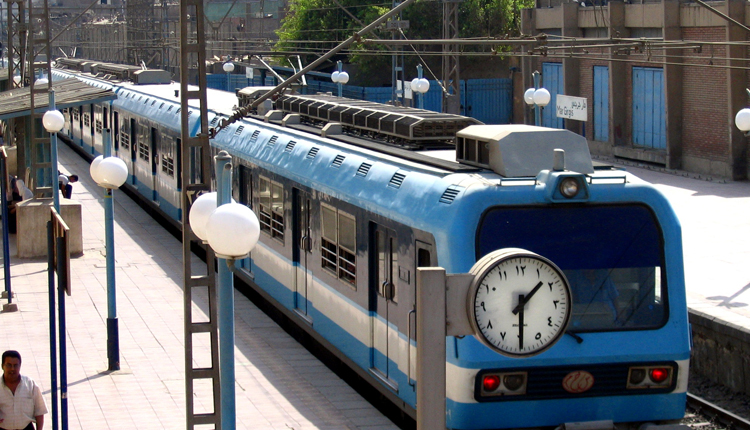Egypt has signed a €205 million ($239 million) loan with the European Bank for Reconstruction and Development (EBRD) to finance urgent works on one of Cairo Metro’s oldest lines.
Egyptian Minister of Investment and International Cooperation Sahar Nasr has signed the agreement with Janet Heckman, EBRD’s managing director for Southern and Eastern Mediterranean (SEMED).
The loan aims to support the Egyptian National Authority for Tunnels (NAT) with the partial rehabilitation of Cairo Metro, the major means of public transport in Egypt’s capital, according to EBRD’s statement released on Wednesday.
It will finance the rehabilitation works on Cairo Metro’s Line 1, the oldest of the Cairo Metro lines – which remains the backbone of the system and is used by 500 million customers per year.
Investments will increase the line’s capacity by 40 percent by reducing headway from 3.5 minutes to 2.5 minutes, thereby improving levels of safety, comfort, and service reliability. The project will also introduce on-the-job training opportunities for young people, the EBRD statement added.
The EBRD loan will be complemented by a €350 million loan provided by the European Investment Bank (EIB) and a €50 million loan from the French development agency (AFD).
The Cairo underground transport system currently consists of three lines and a fourth is under construction. Line 1 is 42.5km long and has 33 stations. It covers the Egyptian capital from the north to the south.
“The investment will also help introduce an enterprise resource planning system, an asset-management and cost-accounting module to be used by the metro operator ECM.” the EBRD statement read.
“The system will introduce modern and efficient asset-management practices and provide a comprehensive tool for system optimisation and performance improvement.”
The loan is being provided under EBRD’s integrated approach for the Cairo urban transport sector, approved in 2015. The approach aims to improve the quality and level of public transport services in Cairo and the surrounding areas through targeted investment in various transport modes and through a set of reform measures.
The EBRD will promote greater sustainability and efficiency of metro services while supporting the transition to an energy-efficient, low-carbon economy through reductions in CO2 emissions. The EU bank also said it will work with the Egyptian authorities to increase private sector participation in urban transport.
Funded by the SEMED Multi-Donor Account and the EBRD Shareholder Special Fund, technical cooperation activities will accompany the various phases of Cairo Metro Line 1 project.
Egypt is a founding member of the EBRD and has been a country of operations since 2012. To date, EBRD has invested over €4 billion in 84 projects in the North African country. The EBRD’s areas of investment include the financial sector, agribusiness, and manufacturing and services, as well as infrastructure projects such as power, transport, and municipal water and wastewater services. The bank has also provided technical assistance to more than 700 small and medium-sized local enterprises.
Traffic congestion in Egypt is estimated to cause an economic loss of up to US$ 8 billion a year. Used by over 2.4 million passengers a day, the metro is vital for Cairo as it is one of the main means of public transport in a city of approximately 17 million people. The ongoing rapid growth in traffic congestion causes massive disruption to businesses and to people’s lives.


